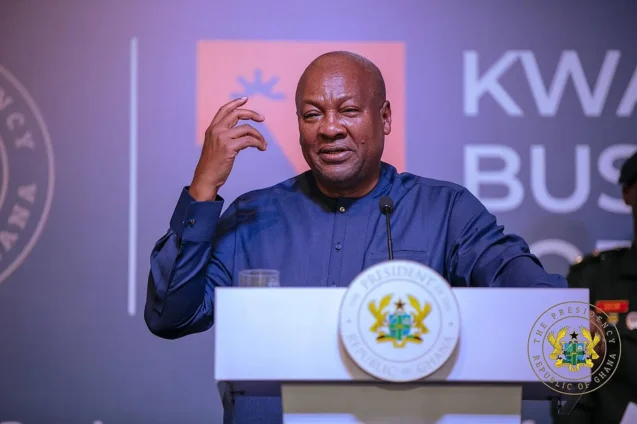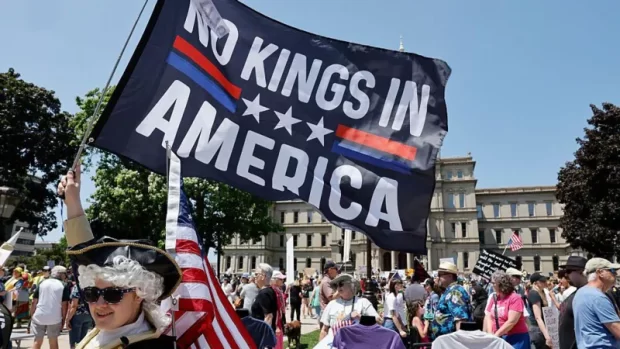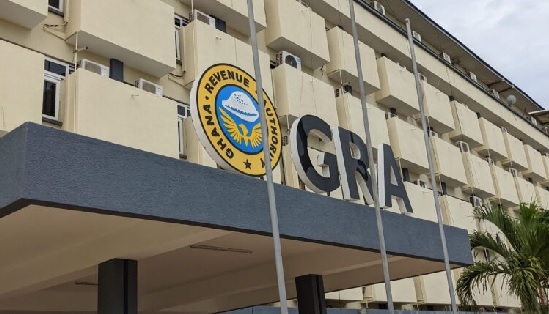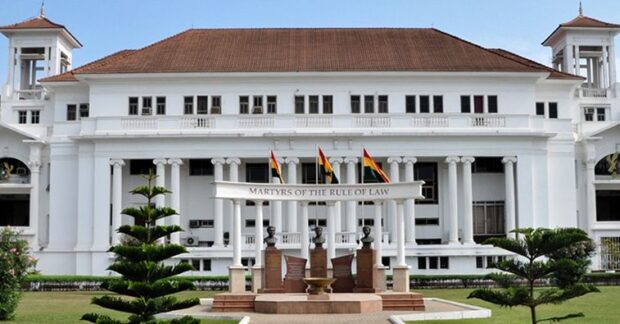
Ghana, renowned as Africa’s leading gold producer, has long exported raw gold without significant value addition. Recognizing this missed opportunity, President John Dramani Mahama has unveiled a transformative strategy centered on the Ghana Gold Board to establish gold refineries within the country, aiming to retain more value domestically and stimulate economic growth.
The Role of the Ghana Gold Board
The Ghana Gold Board (GoldBod) has been established as the sole authority with exclusive rights to buy, sell, assay, and export gold and other precious minerals in Ghana. This centralization is designed to streamline operations, enhance transparency, and ensure that the nation’s gold resources are managed efficiently.
By overseeing the entire gold value chain, the Ghana Gold Board aims to curb illegal mining activities, reduce smuggling, and ensure that gold exports contribute significantly to the national economy.
Establishing Gold Refineries: A Strategic Move
A cornerstone of President Mahama’s plan is the development of gold refineries within Ghana. Currently, the lack of domestic refining facilities means that raw gold is exported, and the country misses out on the added value that comes from processing.
The Ghana Gold Board is tasked with spearheading the establishment of these refineries. By doing so, Ghana can process its gold locally, produce higher-value products, and create jobs in the refining sector. This move is expected to significantly boost the country’s revenue from gold exports.
Economic Implications
The establishment of gold refineries under the guidance of the Ghana Gold Board is anticipated to have several positive economic impacts:
- Increased Revenue: By adding value to gold before export, Ghana stands to earn more from its gold resources.
- Job Creation: The development and operation of refineries will create employment opportunities in various sectors, including engineering, logistics, and administration.
- Industrial Growth: Local refining will stimulate growth in related industries, such as jewelry manufacturing and gold-based financial products.
Challenges and Mitigation Strategies
While the plan is ambitious, it is not without challenges. These include the need for substantial investment, technological expertise, and adherence to international standards.
To address these, the Ghana Gold Board is exploring partnerships with international investors and technical experts. Additionally, the government is implementing policies to create a conducive environment for investment in the gold refining sector











Be the first to leave a comment